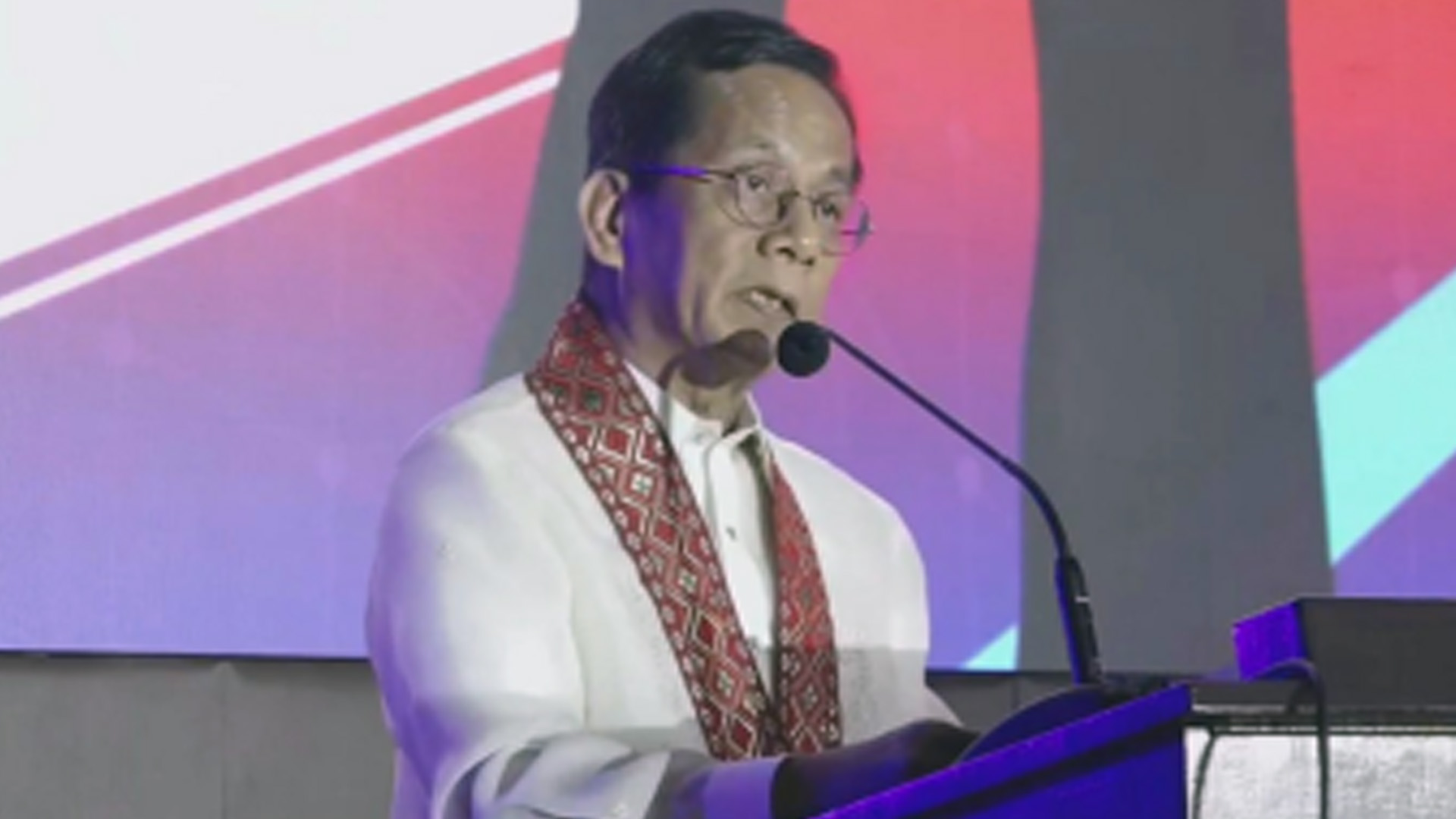Department of Economy, Planning, and Development (DEPDev) Secretary Arsenio Balisacan on Wednesday cited the need to build resilient institutions and ecosystems that can navigate both the opportunities and disruptions of technological change.
In his speech at the 2025 National Innovation Day held at the Novotel Manila in Quezon City, Balisacan said while transformative technologies could help uplift lives and create shared prosperity, they also carry serious risks.
Citing a 2023 study by Google and Access Partnership, Balisacan said that artificial intelligence (AI) and digital upskilling could generate as much as PHP2.8 trillion in annual economic value for the Philippines by 2030.
He, however, noted that the World Economic Forum has warned that AI could profoundly reshape global labor markets.
“While 69 million new roles are expected to emerge, an estimated 83 million people or existing jobs may be displaced by 2025,” he said.
In the Philippines, Balisacan said the National Innovation Agenda and Strategy Document (NIASD) 2023–2032 lays down strategic priorities to cultivate a responsive, well-coordinated, and forward-looking innovation ecosystem at both national and local levels.
He said this helped improve the Philippines’ ranking in the Global Innovation Index from 59th in 2022 to 53rd out of 133 economies in 2024.
The country’s ranking in university–innovation industry research and development linkages also improved from 57th in 2023 to 44th in 2024, he said.
“While these improvements are encouraging, sustaining our momentum demands more decisive and collaborative action — not only in adopting new technologies but in building our own capacity to innovate,” the DEPDev chief said.
He cited the need to deepen collaboration among government, industry, and academia, expand research partnerships, improve research and development productivity, and promote broader adoption of technologies in priority sectors.
“At the same time, our institutions must keep pace with the rapid emergence of advanced technologies. Integrating AI into core systems presents new governance challenges, particularly in ensuring that its applications are ethical, inclusive, and accountable,” Balisacan said.
To address these challenges, Balisacan said the National Innovation Council has established a Technical Working Group on Artificial Intelligence Readiness, composed of experts from education, labor, industry, and policymaking.
He said the group is conducting studies to assess the implications of AI adoption and inform policies that promote the responsible and inclusive use of these technologies. (PNA)








